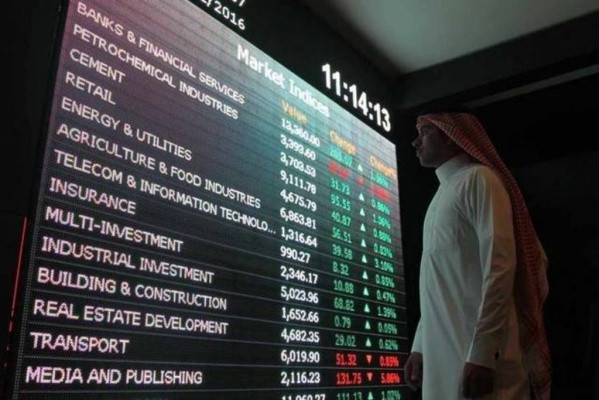Anyone following the IPO journey of Saudi Aramco knows that Crown Prince Mohammad bin Salman has long expressed his desire for a US$2 trillion valuation window while analysts' honest valuation had been as low as $1.2 trillion.
In case Saudi Aramco gets setting a share price wrong, average citizens, banks and institutional investors will bear the brunt of any overvaluation of the state-owned oil giant when it floats shares next month on the national stock exchange.
The windfall of an IPO-generated cash sought by Mohammad bin Salman, who was given control over Saudi Aramco in April 2015 by a royal decree when he was appointed as deputy crown prince, may well have passed.
A Gulf-based economist told Asia Times that the challenge is setting a credible share price that doesn't lead to market volatility in the future.
The economist also wonders if the crown prince, when it comes to the valuation, will "allow realism to win over bravado."
The major international banks participating in the IPO like Bank of America, EFG Hermes and others have left themselves around $1 trillion of wiggle room in their low-high estimates on the valuation.
These banks will have little risk as intermediaries, while benefiting from a state-backed campaign that encourages Saudi investment as a form of patriotism.
Saudis who invest major resources stand to lose the most.
The economist also pointed out that a fall in the share prices following the IPO carries risks, because of the billions likely to be sucked into the deal.
Saudi banks in the absolute monarchy are said to be offering cheap credit to encourage participation in the Aramco share sale.
Likewise, besides concerns of overvaluation, all stockholders will be relying in the price per barrel and security from attacks on the country's oil facilities.
A Johannesburg-based investment banker, whose bank is not participating in the IPO, noted that despite the profitability of the company, future risks include a sharp fall in oil prices and the longer-term shifts to renewable energy which could take place in a year or three years from now.
The Gulf-based economist also considered if the Saudi government was able to get the valuation it wants domestically, the next concern is if they can replicate that internationally when it's time to dual-list?
New York Stock Exchange is out because of the 9/11 families' lawsuit.
London is also out because it is in turmoil over Brexit and Hong Kong will have to wait.
There appears to be no viable options for Aramco but home.
Likewise, the appetite of foreign investors may have also passed as oil prices remain low.
John Sfakianakis, chief economist at the Gulf Research Center in Saudi Arabia, recommends that Aramco just stay in Saudi.






